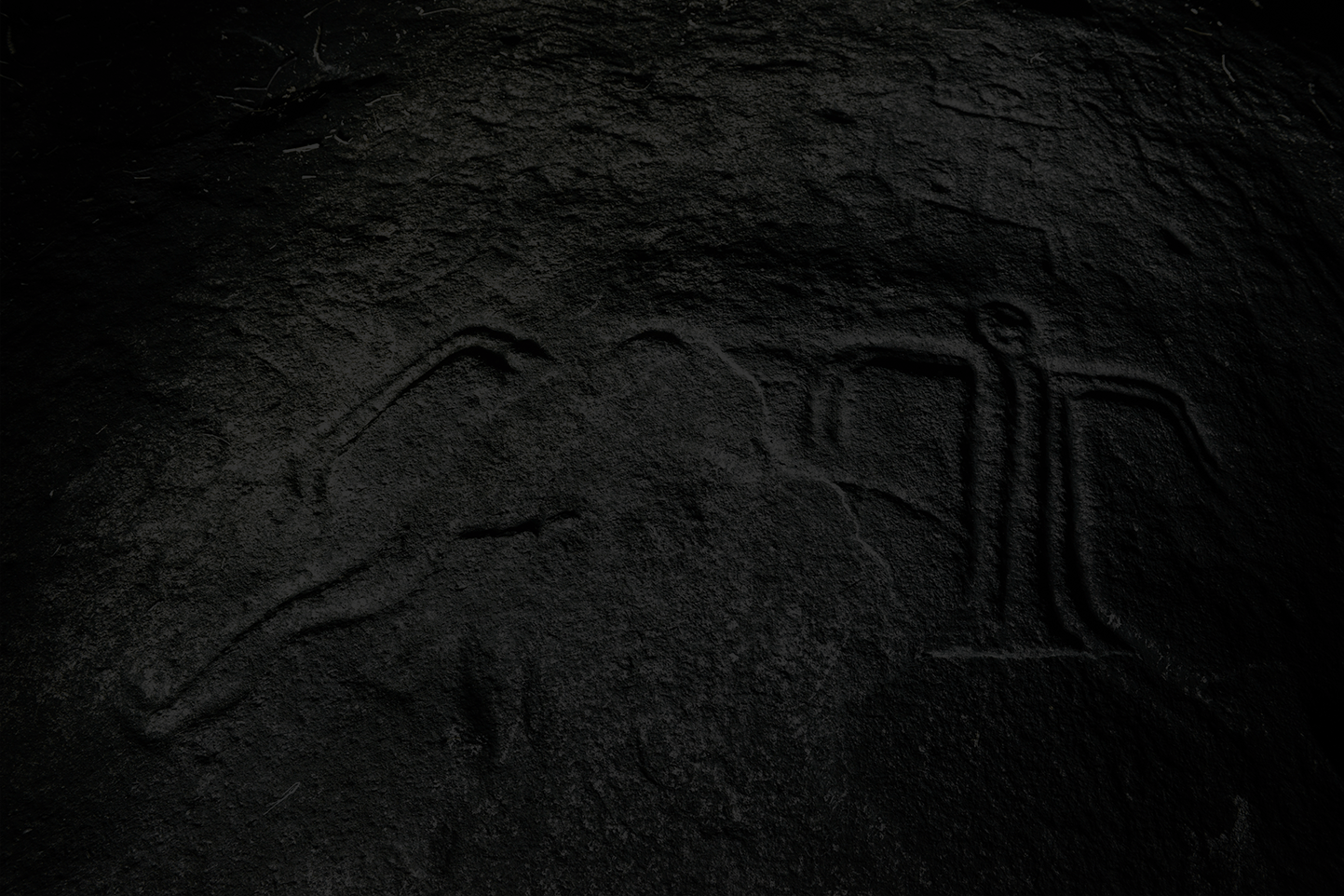In indigenous societies women are still too often exploited and discriminated against. Today, some fight against these injustices. Their actions are a model of resistance and emancipation.
New Caledonia has a sad record: that of physical and sexual violence against women.
They suffer 8 times more sexual aggressions than in France.
This drama particularly touches the Kanaks, the native people of this French overseas territory.
One in eight Kanak women has suffered sexual groping, a rape attempt or actually been raped before the age of 15. Even today, this kind of violence or rape is not, or is very rarely, punished in Kanak society.
Fara Caillard is president of the Union of Women Citizens. For almost 50 years, she has been involved in every feminist fight.
Today, the debate on violence against women has move into the public eye… These women, who have been feminists since the movement started, encourage the new generation to also show their anger.
In Chad, Hindou Oumarou Ibrahim became conscious, at the age of 15, of the destiny reserved for the nomadic women in her native region of Chari-Baguirmi. Since then, as part of the association of indigenous Peul women in Chad, she has fought against discrimination and for women’s emancipation. This morning, she leads a workshop on women’s rights in her community, located in a bushland 300 kilometers south of N’djamena. Here polygamy and forced marriages are still the rule with dramatic consequences such as the high mortality rate of young pregnant women.
Hindou Oumarou knows that education is the key for emancipating these nomadic women. She calls on the government to assume its responsibilities.
In Canada, Amerindians are the major forgotten people in society.
They do not have the same rights and are five times more likely to be victims of sexual violence than other women.
These violent acts are often hushed up or observed with general indifference.
But since 2015 and the revelation that thousands of women have disappeared or been assassinated, more people are talking.
And though court sentences may be given, they still don’t prevent people from committing the same crimes again.
Fanny Wylde is the first indigenous woman lawyer in Quebec. She has been a prosecutor in indigenous communities that advocate restorative justice. This system encourages finding an amicable agreement and offering direct compensation rather than imposing a prison term.
Today Europe has taken inspiration from this model. Since 2014, France offers thirty programs in compensatory justice.
In Myanmar, indigenous women are often in the first line of fire.
So they invent strategies to thwart the rules of power currently in place. This is the case of Ma ju, a Burmese writer. Since 1987 she has published books in which women tell about themselves, dare to break taboos and address questions of sexual relations, adultery, incest, rape and suicide. Her books have all been published thanks to her continual negotiations with the censorship commission.
Thirty years later, Ma ju observes that the condition of women has improved and that an entire generation now express themselves more freely.
Her literary conferences throughout the country have become places for exchanges and sharing on all type of subjects in society. She invites women to take their destinies into their own hands in a society that is in total transition. Especially concerning the condition of women.
Bhutan has long remained detached from the world, through both its geography and its history. But in the past few decades, the country has launched itself in a race to catch up with its backward ways and pass from an almost feudal regime to a parliamentary monarchy. Influenced by the outside world, the Bhutanese realize that everything is not a bed of roses. They try to break the patriarchal system and escape the restrictions of family and also new forms of sexism.
Kunsang Choden is the first Bhutanese woman writer. Her voice often tarnishes the image of a country that people in the outside world see as blissful.
Conserving one’s identity has become a major challenge in a society where the values of “Happiness” have become a unique model in the world.
All these women resist and show us a different way to act in the world.

